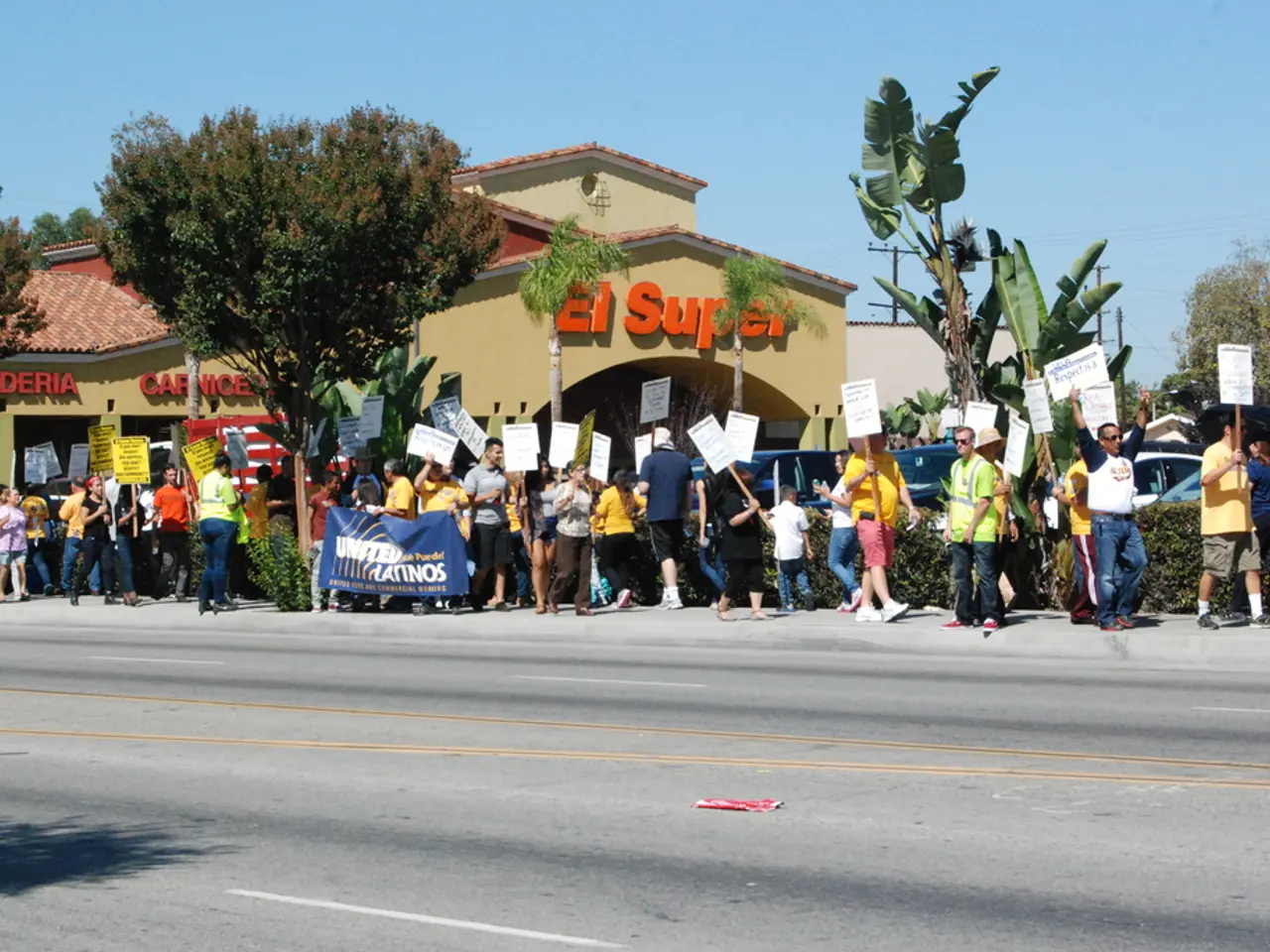Lower Age Limit for Voting Dropped in the UK, Joining Countries Where 16-Year-Olds Can Cast Ballots
The United Kingdom is set to lower the voting age to 16, making it the latest addition to a growing list of countries that recognise the political voice of younger generations. This reform, a central point of the Labour Party's electoral manifesto, is expected to be in place by the next UK general election.
The change will apply to all UK elections, extending previous rights that allowed 16- and 17-year-olds to vote only in some local and regional elections in Scotland and Wales. The UK now joins a select group of countries, including Austria, Brazil, and Ecuador, where the voting age is 16 for national elections.
The reform will make the right to vote uniform across the entire national territory and will apply to all elections, including general elections. This move signifies a significant trust in young people's ability to actively participate in shaping the country's future.
Key aspects of the reform include the lowering of the voting age from 18 to 16 nationwide, the expansion of voter ID requirements to include UK-issued bank cards, the introduction of automatic voter registration, and tighter rules on political donations to prevent foreign interference.
Not all countries share the same view, however. Criticism of lowering the voting age comes primarily from the conservative opposition, who argue that a 16-year-old lacks the maturity to make political decisions. Yet, recent years have shown that British 16-year-olds have demonstrated increasing engagement with global issues such as climate change and social equity.
The extension of voting rights to 16-year-olds is not a new concept. It has been experimentally introduced in some areas of Norway since 2011, and several Länder in Germany have followed suit, starting with Lower Saxony in 1996. In the Isle of Man, Jersey, and Guernsey, young people can already vote from the age of 16 due to laws passed between 2007 and 2008. Malta recognised the right to vote for 16-year-olds in 2018, while Austria was the first European country to allow voting from the age of 16, in 2007.
In Switzerland and Germany, voting at 16 is limited to local elections, while in Italy, the voting age of 18 remains unchanged for political and administrative elections, with rare symbolic exceptions. Some other European Union countries allow 16-year-olds to vote in elections to the European Parliament, but not in their national legislatures.
The Labour Party argues that participation means empowerment and is essential for building a more inclusive and forward-thinking democracy. This reform will allow around 1.5 million young people to participate in voting for the first time, potentially shaping the course of the nation's future.
The lowering of the voting age to 16 in the United Kingdom, a policy-and-legislation decision, is a reflection of the country's ongoing commitment to politics and general news about increased youth participation in the democratic process. This move, part of the Labour Party's platform, will place the UK alongside countries like Austria, Brazil, and Ecuador, where 16-year-olds are already able to vote in national elections.
Critics of this reform within the conservative opposition contend that 16-year-olds may lack maturity for making political decisions. However, the growing engagement of British 16-year-olds in issues such as climate change and social equity suggests a readiness and responsibility that could further shape the nation's policy-and-legislation landscape.






